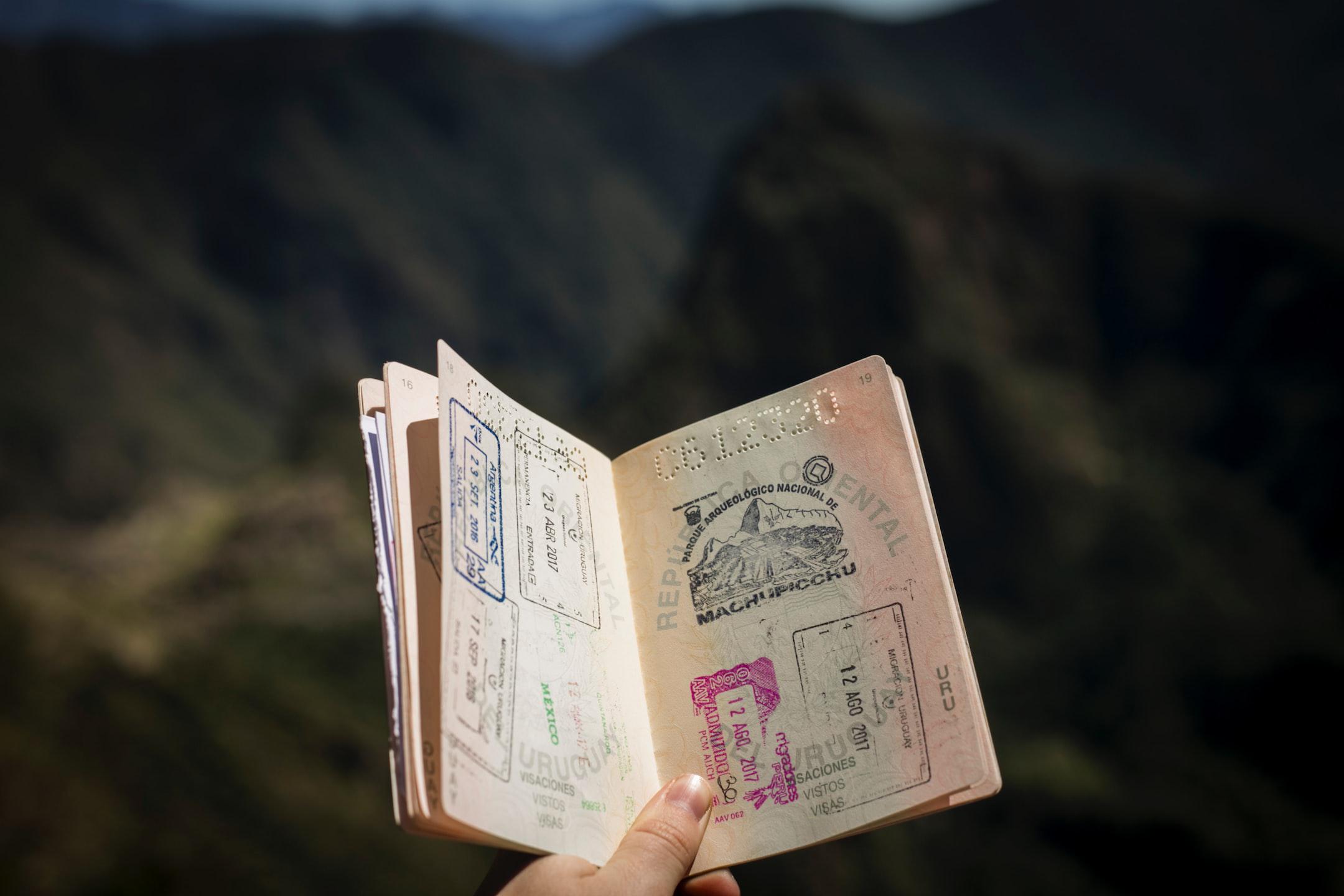Studying in the United States and learning English can positively impact your career and life. In fact, it will likely bring you numerous opportunities that you otherwise would not have been exposed to. However, before you can study in the U.S., you must first go through the student visa process.
The F1 visa process can be particularly challenging, especially during the application and interview. There can be a lot of paperwork involved that can sometimes take months to prepare. And even after all this, some student visas are denied.
So, what happens if you find yourself in this situation? This article will explain everything you need to know about the F1 visa process and what to do if you are rejected.
What are the common reasons for F1 visa denial?
There are several reasons your F1 visa may be denied if you are trying to study in the U.S. These include:
- Your intention to remain in the U.S. after school. This tends to be the most common reason why a visa officer may reject your F1 visa application. If the visa officer suspects you have no intention of returning to your home country, they may deny your visa outright. You should be prepared to express the ties that bind you to your home country during the interviews.
- Lack of financial support. Another reason your visa may be denied is because of your financial situation. A lack of proper financial support means you would need a job to fund your studies, which contradicts the reason for having a student visa. The visa officer will want to ensure that you have the funds to sponsor your education and living expenses during your stay in the United States. When you apply for a visa the second time, show you have the necessary funds to become an international student.
- Poor interview. The interview is a large portion of the application process, meaning a lot is at stake. If your interview was the reason you were rejected, you will want to undertake a self-evaluation and find ways you can improve your interview skills.
- False information. All the information you present during the visa process should be accurate and current. A lack of documentation shows that you do not take the process seriously and may have something to hide. You also want to ensure that all information is correct, as the last thing you want to do is lie to a visa officer.
How to reapply for an F1 visa
You can always apply for an F1 visa again. However, remember that the visa fee will need to be paid again, and another interview will need to be scheduled. There is no rule for when you should reapply for your student visa. But after your initial rejection, you should spend time understanding why you were denied and take the steps necessary to solve that problem. The good news is that you will not need to repay the SEVIS fee when applying again.
Tips for reapplying for your F1 visa
Here are some additional ways to strengthen your F1 visa application:
- Be clear about your intention to return to your home country after your schooling is complete
- Sharpen your English skills
- Study the program you are going into and explain how it pertains to your future
- Bring all documents related to your coming to the U.S., such as financial documentation, letters of recommendation, and admission letters
- Be concise and have an enthusiastic attitude
Reach out to the American English Institute to learn more about our English programs.
The American English Institute offers both full-time language learning programs for F1 students and short-term programs for visitors traveling with B1 or B2 visas. Contact us today to find out more about our programs.
